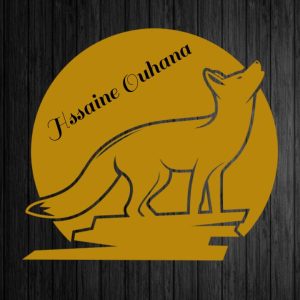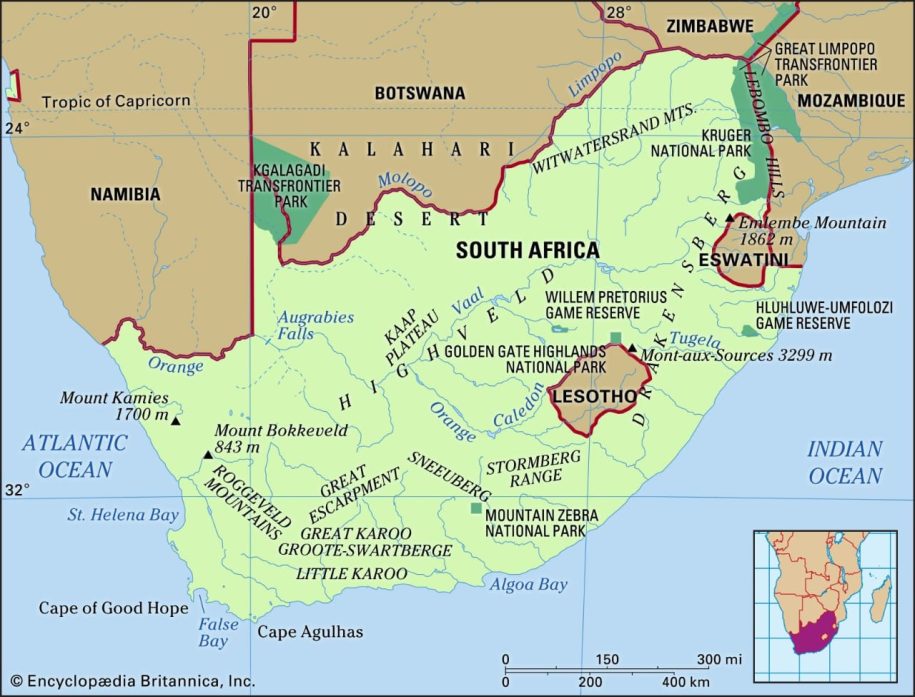South Africa is a country with a rich and diverse linguistic landscape. There are 11 official languages recognized by the Constitution, making it one of the most linguistically diverse countries in the world. Each language has its own unique history, culture, and community.
The 11 official languages of South Africa are:
- isiZulu
- isiXhosa
- Afrikaans
- English
- isiNdebele
- Sepedi
- Sesotho
- Setswana
- siSwati
- Tshivenda
- Xitsonga
isiZulu and isiXhosa are the most widely spoken languages in South Africa, with approximately 23% and 16% of the population speaking them as their first language, respectively. These two languages are part of the Nguni language family and are spoken mainly in the eastern and southeastern regions of the country.
Afrikaans, which is spoken by approximately 13% of the population, is a language that evolved from Dutch and is spoken mainly by the white and colored communities in South Africa. English is also widely spoken, particularly in business and academic contexts, and is the language of instruction in many schools and universities.
isiNdebele, Sepedi, Sesotho, Setswana, siSwati, Tshivenda, and Xitsonga are all Bantu languages spoken by various communities across South Africa. These languages are closely related and share many linguistic features.
Despite the official recognition of 11 languages, there are many more languages spoken in South Africa, including Khoi-San languages, Indian languages such as Tamil and Gujarati, and various other African languages. Many South Africans are bilingual or multilingual, and language use often reflects the complex social and political history of the country.
Language plays a significant role in South African identity, with many people strongly identifying with their language and linguistic community. However, language can also be a source of conflict, particularly when it comes to issues of language policy and access to education and employment.
Language policies in South Africa have evolved significantly over the past few decades. During apartheid, the government enforced a policy of “separate development” or “apartheid” in which different racial groups were assigned different language policies. After the fall of apartheid, the government adopted a policy of multilingualism and recognized the 11 official languages.
Today, there are ongoing debates about language policy in South Africa, particularly around the use of English as a dominant language in education and the workplace, and the promotion of indigenous languages. There are also concerns about language rights and the unequal distribution of resources for different language communities.
In conclusion, South Africa is a country with a rich and diverse linguistic landscape. The 11 official languages reflect the complex social and political history of the country, and language continues to play a significant role in South African identity and culture. While language policies have evolved over time, there are ongoing debates and challenges around language rights and the promotion of multilingualism in South Africa.


Leave a Reply